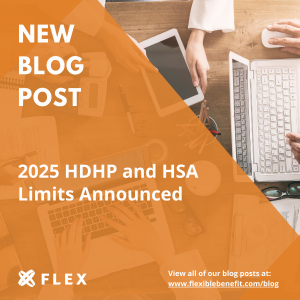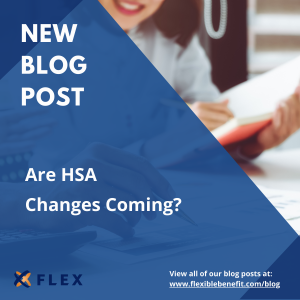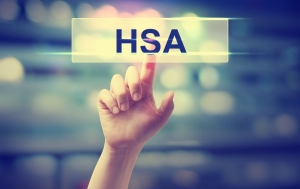health savings accounts
Earlier this month the Internal Revenue Service (IRS) published Rev. Proc. 2024-25 which includes the 2025 limits for qualified high deductible health plans (HDHPs) and Health Savings Accounts (HSAs). Below is a summary of these limits:
The House Ways and Means Committee recently cleared legislation which would make substantial enhancements and improvements to Health Savings Accounts (HSAs). There are two bills which have now been cleared for a vote in the House of Representatives (House). If passed in the House, the bills would then need to be approved by the Senate before going to the president for signature.
Health Savings Account News
You may have previously heard that the 2019 federal tax filing deadline was extended until July 15, 2020. In the event you were unaware, contributions to Health Savings Accounts (HSAs) for the prior year can be made up until the tax filing deadline. The tax filing extension is impactful to HSAs for two reasons:
Health Savings Accounts (HSAs) allow eligible individuals to put money aside tax-free to pay for out-of-pocket medical expenses, but HSAs work differently than other tax-advantaged accounts. Here are 10 helpful tips and reminders as the year comes to an end.
-
HSA contributions for 2019 can be made up until the tax filing deadline, which is April 15, 2020.
- The maximum annual contribution to an HSA for 2019 is $3,500 for those covered by a single-only qualified high deductible health plan (HDHP) and $7,000 for those covered by a family HDHP.
The Internal Revenue Service (IRS) issued Revenue Procedure 2019-25 last month with information on the Health Savings Account (HSA) and qualified high-deductible health plan (HDHP) limits for 2020.
These limits are updated annually and reflect cost-of-living adjustments.
Each year, the Internal Revenue Service (IRS) makes inflation adjustments to Health Savings Accounts (HSAs) and qualified high deductible health plans (HDHPs). On May 24, 2019, the IRS released Rev. Proc. 2019-25 which included details on the inflation adjustments for 2020.
The table below sumarizes the the HDHP requirements for 2020.
Over the years, HSAs have been touted as a way to pay for out-of-pocket medical expenses with tax-free dollars. However, recently HSAs have been making headlines as an alternative to 401(k) plans and other retirement plans.
Health Savings Accounts (HSAs) allow eligible individuals to put money aside tax-free to pay for out-of-pocket medical expenses, but HSAs work differently than other tax-advantaged accounts. Here are 10 helpful tips and reminders as the year comes to an end.
While we continue to hear about the rapid growth of Health Savings Accounts (HSAs), there is one feature about Health Flexible Spending Accounts (Health FSAs) that keeps some employees enrolled in this type of consumer-driven account (CDA). That’ s the uniform coverage requirement of Health FSAs.










